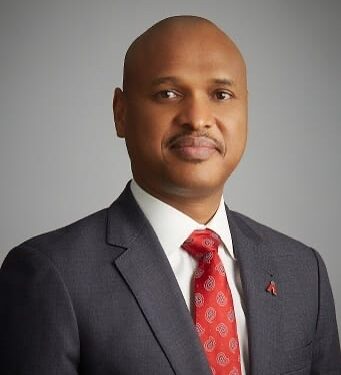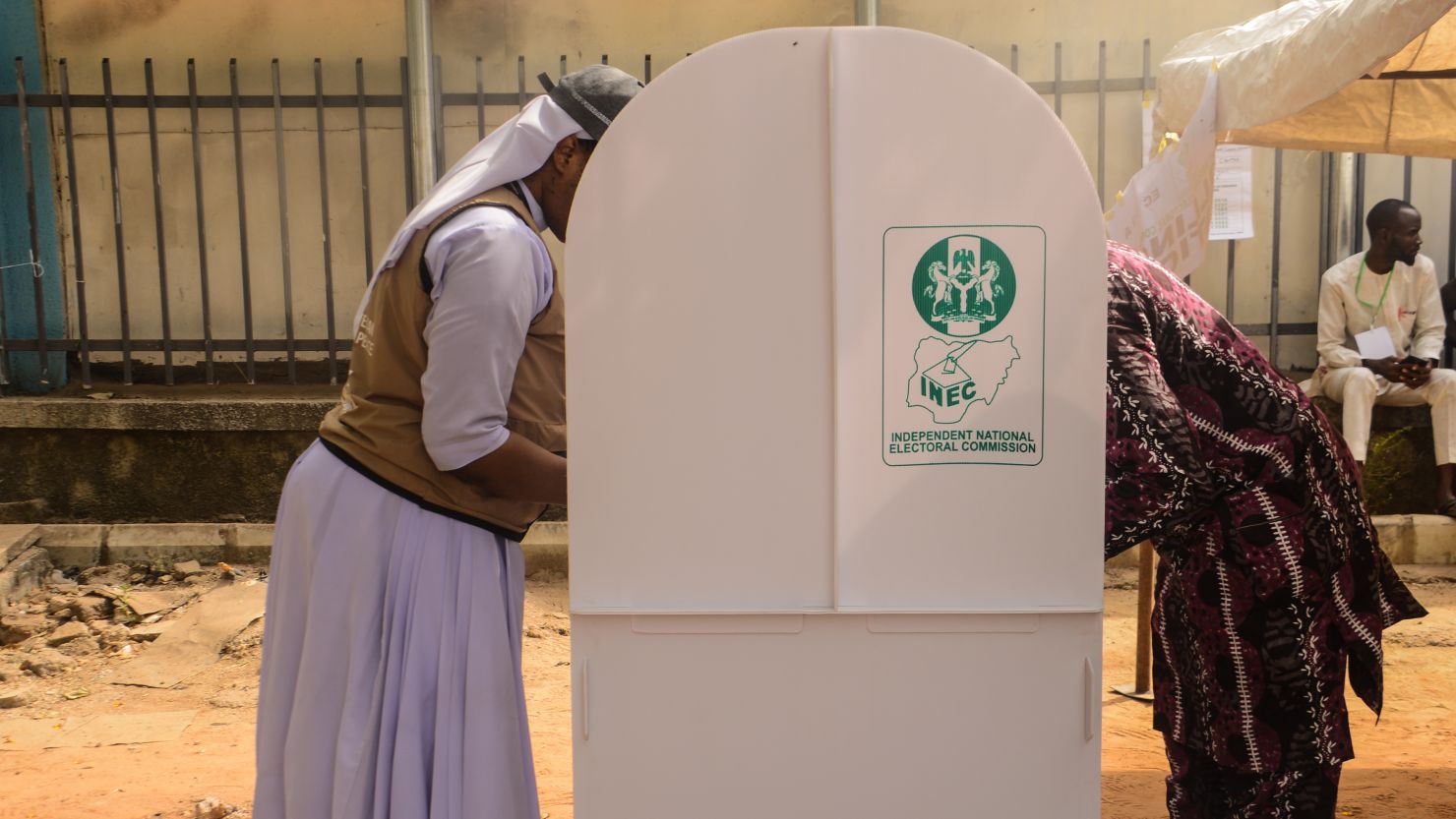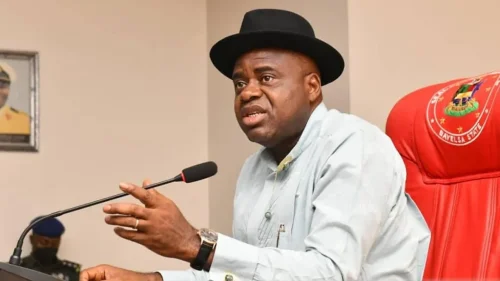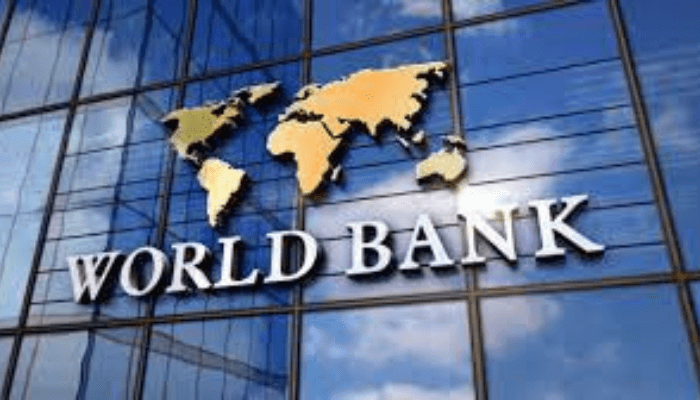Privatization: BPE rakes in N2.8trn from 53 enterprises
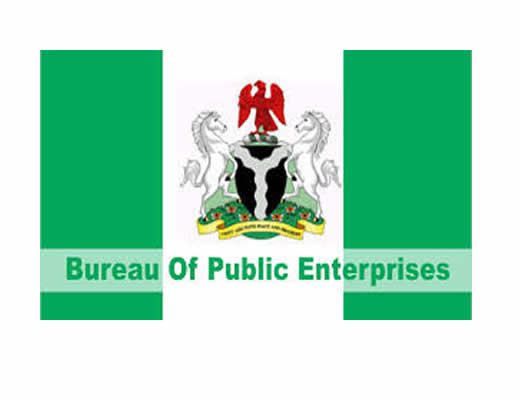
- Sets to privatize Afam Power plant, NIPOST, 4 other in 2018
Not less than a whopping N2.8 trillion or $7.8 billion has been generated by the Bureau of Public Enterprises (BPE) from privatization of 53 enterprises in the last 18 years.
The Bureau also, unveiled plans to privatize and concession six federal government’s enterprises in 2018.
The plan, according to the agency, is aimed at raising money to meet the N400 billion funding of the 2018 budget which is expected to come from the BPE.
Director General of the Bureau of Public Enterprises (BPE), Mr. Alex A. Okoh disclosed this while briefing journalists on the 2018 work plan of the agency on Thursday in Abuja.
Okoh said that the current initiatives embarked upon by the Bureau are aimed at positively impacting the Nigerian economy in areas of power generation and supply, improvement in overall infrastructure, job creation, food security and human capital development leading to the overall economic growth of the country.
The DG disclosed that the agency generated $7.8 billion in the last 18 years, from 53 privatized enterprises.
The BPE boss further disclosed that the agency spent N330 billion for payment of entitlements to the staff of the defunct National Electricity Power Authority (NEPA) which was privatized during the administration of former President Goodluck Jonathan.
He listed the initiatives as the Privatisation of Afam Power Plant, concessioning of Terminal “B” Warri Old Port, restructuring & recapitalisation of the Bank of Agriculture (BOA),partial commercialisation of the Nigerian Postal Services (NIPOST) and the restructuring/ commercialisation of three River Basin Development Authorities (RBDAs).
The others are the partial commercialisation of three selected National Parks, re-privatisation of Yola Disco, power sector recovery initiative and development of data management framework for the power sector.
Okoh who made this known in a paper titled: The role of National Council on Privatisation (NCP) in the Privatisation Programme said that through the privatisation and commercialisation programme, the BPE has attained some broad milestones in the past 18 years.
He said notable amongst these are the expansion of private sector participation in the Nigerian economy, attraction of quality foreign investors and capital.
Others are achieving a more efficient allocation of government resources by redirecting funding of public enterprises by government to other key sectors of the economy that are socially imperative such as healthcare and education among others ; and encouraging the private sector to be the engine room of economic growth and development.
The Director General maintained that the execution of the mandate of the Bureau was being undermined by the non-cooperative attitude of some of the Ministries, Departments and Agencies (MDAs) who are a part of the privatisation programme and called for the intervention of the Stakeholders Engagement Committee (SEC) for the continued success of the execution of the mandate of the Bureau.
Okoh, however, noted that paucity of funds was also an impediment to the attainment of some of the objectives of the BPE as “the treasury of the federal Government is becoming leaner in view of competing demands and dwindling government revenues.”





